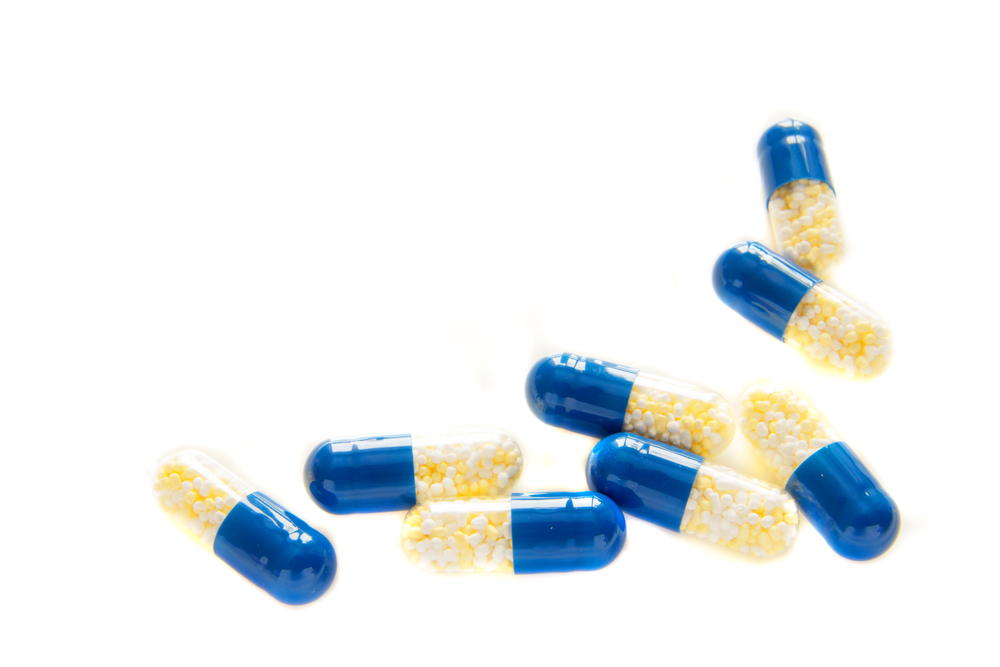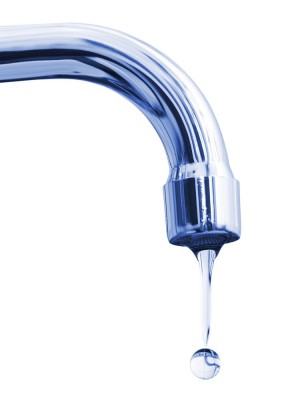PUBLISHED IN TCI WEEKLY NEWS
17th May 2014
 Suffering with a dry mouth is not the same as being thirsty and has different underlying causes. The reason I want to look at the topic of dry mouth is because it can have a negative impact on the health of a patient’s teeth and gums.
Suffering with a dry mouth is not the same as being thirsty and has different underlying causes. The reason I want to look at the topic of dry mouth is because it can have a negative impact on the health of a patient’s teeth and gums.
We need saliva to moisten and cleanse our mouths and help to digest food. Saliva also prevents infection by controlling bacteria and fungi in the mouth and with patients experiencing a dry mouth there is an increased risk of gingivitis (gum disease), mouth infections and fungal infections such as thrush. When we don’t produce enough saliva, our mouth gets dry and uncomfortable. Other symptoms include frequent thirst, sores in the mouth or split skin at the corners of the mouth, cracked lips, a burning or tingling sensation in the mouth or tongue, a red, raw tongue, problems speaking or difficulty tasting, chewing/ swallowing and bad breath.
There is a range of reasons why a person may be experience dry mouth (xerostomia). These include-
• Side effect of certain medications. Dry mouth is a common side effect of many prescription and nonprescription drugs. This includes drugs for depression, anxiety, acne, epilepsy, allergies, and colds, hypertension, asthma and Parkinson’s disease. Dry mouth can also be a side effect of muscle relaxants and sedatives.
• Side effect of certain diseases/ infections. Dry mouth can be a side effect of medical conditions, including Sjögren’s syndrome, HIV, Alzheimer’s disease, diabetes, anemia, cystic fibrosis, rheumatoid arthritis, hypertension, and stroke.
• Side effect of certain medical treatments. Damage to the salivary glands, for example, from radiation to the head/neck area or chemotherapy treatments for cancer, can reduce the amount of saliva produced.
• Nerve damage as a result of an injury or surgery.
• Lifestyle. Smoking or chewing tobacco can affect saliva production and aggravate dry mouth. Continuously breathing with your mouth open can also contribute to the problem.
 There are ways to help deal with the symptoms of dry mouth depending on how severe and uncomfortable it is. If it is caused by your medication it may be worth discussing an alternative drug or dosage with your GP. Other helpful steps include sipping water regularly to help keep the mouth moist, protecting your teeth by brushing with a fluoride toothpaste, and using a fluoride rinse, trying to breathe through your nose (not your mouth) as much as possible. There are also over-the-counter artificial saliva substitutes available or your dentist or doctor could prescribe a medication that stimulates saliva production.
There are ways to help deal with the symptoms of dry mouth depending on how severe and uncomfortable it is. If it is caused by your medication it may be worth discussing an alternative drug or dosage with your GP. Other helpful steps include sipping water regularly to help keep the mouth moist, protecting your teeth by brushing with a fluoride toothpaste, and using a fluoride rinse, trying to breathe through your nose (not your mouth) as much as possible. There are also over-the-counter artificial saliva substitutes available or your dentist or doctor could prescribe a medication that stimulates saliva production.